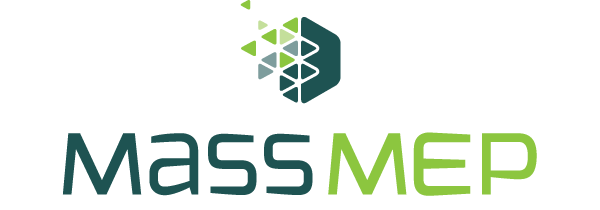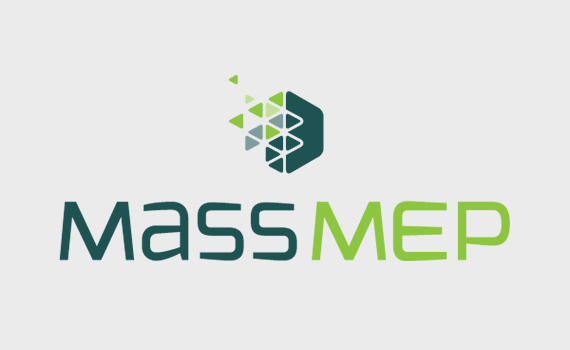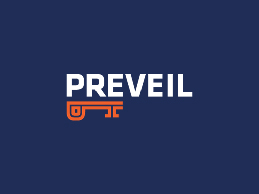PreVeil Webinar: DFARS & CMMC Program Updates
Great Awakenings Brewery 77 Mill St, Westfield, MA, United StatesJoin PreVeil for an exclusive webinar on April 4th at 2:30PM ET with Stacy Bostjanick, DoD’s Director for CMMC as she provides an update on DFARS & CMMC Programs. She will be joined by Marci Womack (Dir. Federal Practice @ authorized C3PAO Schellman) and Scott Singer (CEO @ authorized C3PAO CyberNINES) who will provide contractors with insights on facilitating their compliance efforts. This esteemed group will look at:
- Preparations all contractors should take now to address DFARS and NIST 800-171 compliance obligations
- The ramp up of DFARS 7012, 7019 and 7020 enforcement
- Necessary steps for building a DFARS and CMMC compliance program
If you have a question you would like us to ask Ms. Bostjanick in the webinar, please submit it when you sign up.
CONNEX Massachusetts Registration & Training Session
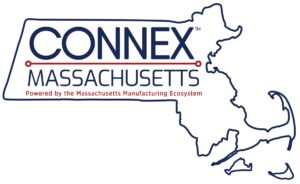
The session is created for Massachusetts Manufacturers that are interested in joining the CONNEX Supply Chain Database. If you are new to the platform MassMEP representatives will be live to get you registered, walk you through the features of the platform, and answer questions.
Session times and dates are listed in the MassMEP workshop calendar. Click the link on your preferred date to join the live session, no registration necessary. Manufacturers will only need to attend one training session.
Through the MassMEP partnership, a lifetime CONNEX Massachusetts subscription is available at no cost for all Massachusetts Manufacturers. To join the CONNEX Marketplace National Database account holders will receive a promotion code that equates to an annual savings of $500/year. This offer is valid through June 13, 2023.
FORGE Spring Startup Showcase
Dassault Systems 3D Experience Lab 175 Wyman Street, Waltham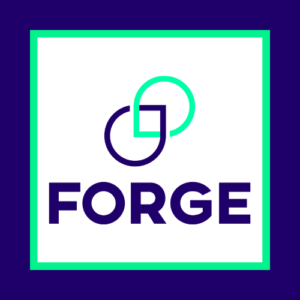 Thursday, April 13th, 2023. From 4:30pm - 7:30pm
Thursday, April 13th, 2023. From 4:30pm - 7:30pm
Forge Spring Startup Showcase!
This Event will feature startup tabletop demonstrations, a pitch competition, and informal networking opportunities with startups and FORGE ecosystem partners. This is a unique opportunity for you to engage with the FORGE startup community, learn about emerging technologies, and explore potential partnerships with innovative startups. Our network has some exciting products and ideas to show off!
This event will bring together startup companies, local suppliers, manufacturers, startup ecosystem organizations, and investors in a casual setting, hosted by 3DExperience Lab at Dassault Systemes.
For event questions, contact [email protected].
Virtual Product Launch: CONNEXª Massachusetts
STRENGTHEN YOUR SUPPLY CHAIN & SOURCE LOCAL WITH CONNEXª MASSACHUSETTS

During this virtual product launch, MassMEP, WPI, UMass Lowell, MIT, FORGE, MassRobotics, MassTech Collaborative, AIM & the BIC, known as the Massachusetts Manufacturing Ecosystem, are coming together to celebrate the kickoff for CONNEXª Massachusetts.
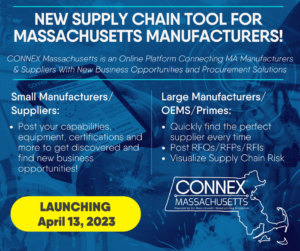 CONNEXª Massachusetts is an online marketplace for manufacturers to connect with each other, find local suppliers, discover new business opportunities, and manage their supply chains. The goal of the platform is to increase manufacturing growth among Massachusetts manufacturers as well as help smaller Massachusetts suppliers more easily connect with larger U.S. manufacturers who need their services.
CONNEXª Massachusetts is an online marketplace for manufacturers to connect with each other, find local suppliers, discover new business opportunities, and manage their supply chains. The goal of the platform is to increase manufacturing growth among Massachusetts manufacturers as well as help smaller Massachusetts suppliers more easily connect with larger U.S. manufacturers who need their services.
"The pandemic has delivered a stark lesson on the vulnerability of supply chains,” said Kathie Mahoney, CEO/President of MassMEP. "Disruptions to existing supply chains resulted in shortages of materials and inputs to manufacturing processes, hampering the productivity and profitability of Massachusetts manufacturers and impacting the lives of countless employees and consumers. CONNEXª Massachusetts provides us with a powerful platform to build a strong, Massachusetts-centric manufacturing network that will help local organizations easily identify alternate suppliers; improve supply chain diversity, resiliency, and risk, and expand new business opportunities.”
CONNEXª Massachusetts will allow manufacturers to identify potential suppliers within the state based on their capabilities, not just current production. Results can be filtered to meet a manufacturer’s specific needs based on hundreds of unique criteria, such as equipment, processes, materials, and certifications. In the B2B Exchange Center, manufacturers will also be able to post RFIs and RFQs; qualified suppliers can then respond with their capabilities and availability. These platform features will help Massachusetts manufacturers quickly find the materials and resources they need to meet productivity and profitability objectives, while improving supply chain robustness for downstream manufacturers as well.
Click CONNEXª Massachusetts to join the database today! For more information contact [email protected].
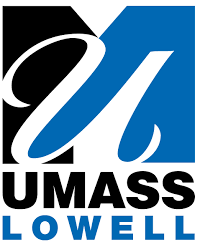
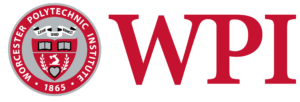
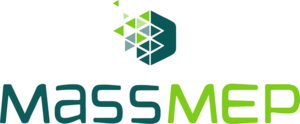
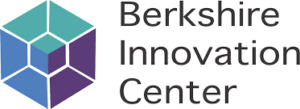
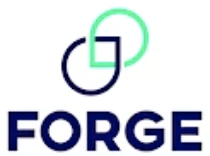

![]()


CONNEX Massachusetts Registration & Training Session

The session is created for Massachusetts Manufacturers that are interested in joining the CONNEX Supply Chain Database. If you are new to the platform MassMEP representatives will be live to get you registered, walk you through the features of the platform, and answer questions.
Session times and dates are listed in the MassMEP workshop calendar. Click the link on your preferred date to join the live session, no registration necessary. Manufacturers will only need to attend one training session.
Through the MassMEP partnership, a lifetime CONNEX Massachusetts subscription is available at no cost for all Massachusetts Manufacturers. To join the CONNEX Marketplace National Database account holders will receive a promotion code that equates to an annual savings of $500/year. This offer is valid through June 13, 2023.
Beers & Gears
Great Awakenings Brewery 77 Mill St, Westfield, MA, United States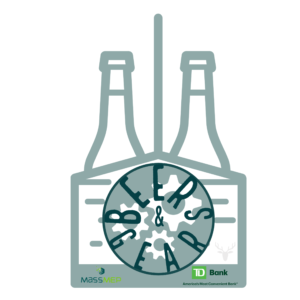
Beers & Gears is for Massachusetts Manufacturers to come together and learn more about today's best practices in the manufacturing industry. The scope of Beer & Gears was created to focus on a Manufacturer and Brewery in regions across Massachusetts.
Please join us for this great event! This is a time to network with manufacturers in Western Mass. and learn more about workforce development, smart manufacturing, continuous improvement, and so much more from your region. Thanks again to our sponsors, TD Bank, for helping us put this event together.
Western Mass., Manufacturers sign up today and join us as we tour Peerless Precision, and head over to Great Awakening Brewing Company for networking and brewery production tours.
While this event will be held for Western Mass, there will be more Beer & Gears to follow in a region near you soon!
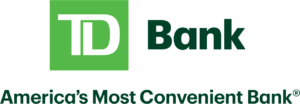
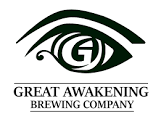

CONNEX Massachusetts Registration & Training Session

The session is created for Massachusetts Manufacturers that are interested in joining the CONNEX Supply Chain Database. If you are new to the platform MassMEP representatives will be live to get you registered, walk you through the features of the platform, and answer questions.
Session times and dates are listed in the MassMEP workshop calendar. Click the link on your preferred date to join the live session, no registration necessary. Manufacturers will only need to attend one training session.
Through the MassMEP partnership, a lifetime CONNEX Massachusetts subscription is available at no cost for all Massachusetts Manufacturers. To join the CONNEX Marketplace National Database account holders will receive a promotion code that equates to an annual savings of $500/year. This offer is valid through June 13, 2023.
Worcester Business Journal Manufacturing Summit & Excellence Awards
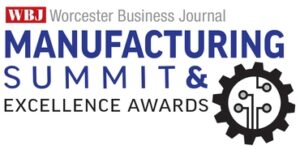 Tuesday, April 25, 2023 from 2:30 - 6:00 PM
Tuesday, April 25, 2023 from 2:30 - 6:00 PM
Worcester Business Journal is proud to present our 8th annual Central Mass Manufacturing Summit and Excellence Awards program.
Winners will be profiled in the special section on Manufacturing in our April 3rd issue of the Worcester Business Journal and honored at a special awards event and forum on April 25, 2023 at the College of the Holy Cross, Hogan Campus Center.
The event features a special awards ceremony, keynote address and panel discussion on the state of the manufacturing industry, along with an opportunity for networking and a cocktail reception.
Manufacturers have been faced with tremendous challenges over the past few years, including significantly disrupted supply chains, major workforce shortages, along with automation and productivity issues.
In this special forum, our panel of industry and manufacturing leaders will discuss the disruptions and the trends and issues shaping the direction of their companies and the industry.
Stay tuned - more details and speaker lineup coming soon!
For event questions, contact [email protected].
CONNEX Massachusetts Registration & Training Session

The session is created for Massachusetts Manufacturers that are interested in joining the CONNEX Supply Chain Database. If you are new to the platform MassMEP representatives will be live to get you registered, walk you through the features of the platform, and answer questions.
Session times and dates are listed in the MassMEP workshop calendar. Click the link on your preferred date to join the live session, no registration necessary. Manufacturers will only need to attend one training session.
Through the MassMEP partnership, a lifetime CONNEX Massachusetts subscription is available at no cost for all Massachusetts Manufacturers. To join the CONNEX Marketplace National Database account holders will receive a promotion code that equates to an annual savings of $500/year. This offer is valid through June 13, 2023.
CONNEX Massachusetts Registration & Training Session

The session is created for Massachusetts Manufacturers that are interested in joining the CONNEX Supply Chain Database. If you are new to the platform MassMEP representatives will be live to get you registered, walk you through the features of the platform, and answer questions.
Session times and dates are listed in the MassMEP workshop calendar. Click the link on your preferred date to join the live session, no registration necessary. Manufacturers will only need to attend one training session.
Through the MassMEP partnership, a lifetime CONNEX Massachusetts subscription is available at no cost for all Massachusetts Manufacturers. To join the CONNEX Marketplace National Database account holders will receive a promotion code that equates to an annual savings of $500/year. This offer is valid through June 13, 2023.
CONNEX Massachusetts Registration & Training Session

The session is created for Massachusetts Manufacturers that are interested in joining the CONNEX Supply Chain Database. If you are new to the platform MassMEP representatives will be live to get you registered, walk you through the features of the platform, and answer questions.
Session times and dates are listed in the MassMEP workshop calendar. Click the link on your preferred date to join the live session, no registration necessary. Manufacturers will only need to attend one training session.
Through the MassMEP partnership, a lifetime CONNEX Massachusetts subscription is available at no cost for all Massachusetts Manufacturers. To join the CONNEX Marketplace National Database account holders will receive a promotion code that equates to an annual savings of $500/year. This offer is valid through June 13, 2023.
Manufacturing Your Future Smart Manufacturing
May 19, 2023
2nd Annual Manufacturing Your Future Smart Manufacturing

Industry 4.0 "is a journey of continued improvement & innovation through advanced technologies,
process enhancements and integrated information that provides manufacturing companies a competitive advantage.”
-Tom Andrellos, Former MassMEP Director of Growth & Innovation
This event is for Massachusetts Manufacturers to come together and take a deep dive through the components of Industry 4.0, a view of SMART Manufacturing, and key takeaways on the importance of building a roadmap in Smart Manufacturing to remain competitive and see direct impacts to the bottom line.
Subject Matter Experts will be speaking to Smart Manufacturing Roadmapping, IIoT, Automation, Additive, CyberSecurity, and so much more. Expect to see these subject matter experts speaking and exhibiting along with other experts in this field at the event.
You can find more details on the event website here!


